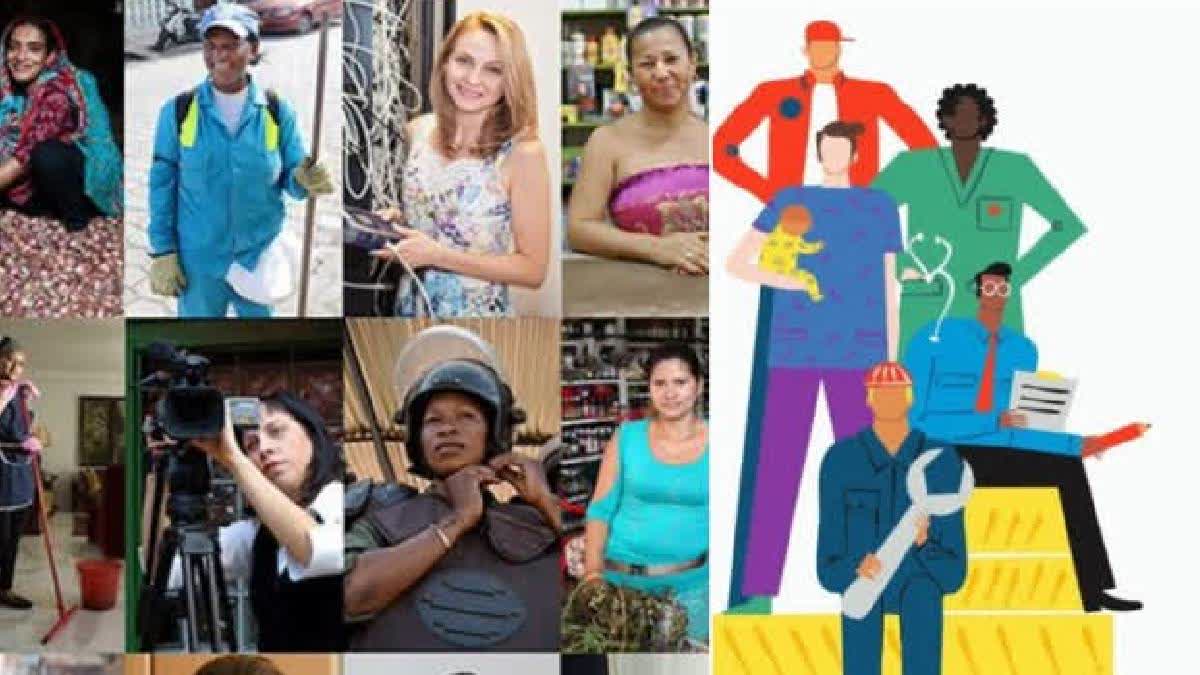Hyderabad:The International Equal Pay Day is celebrated on September 18. The Equal Pay International Coalition started this initiative in 2019 to eliminate wage discrimination.
This day highlights the effects of the pay gap on women of colour and other minorities. Despite numerous efforts from organisations to address the gender pay gap, there are still many Americans who refuse to acknowledge its presence. Due to this, individuals need to educate themselves and those in their vicinity. Fixing an issue will be even harder if a large number of individuals fail to recognise it.
Causes Behind the gender pay gap:
- Discrimination and bias, whether deliberate or unintentional, in the processes of hiring and determining salaries.
- Women and men work in various industries and roles, with industries and jobs mainly populated by women receiving lower pay.
- Insufficient workplace flexibility for meeting caregiving and other obligations, particularly in high-level positions.
- Women are working part-time at higher rates than men.
- Women's career progression and opportunities being affected by spending more time away from work for caregiving duties.
- The larger burden of unpaid care and household responsibilities shouldered by women.
- Lack of safe and reliable transportation, which can limit their ability to reach job sites.
- Inability to Work Irregular Hours, such as overtime or night shifts.
Gender Gap in 2024 :
Women make up half of the global population and therefore have half of its potential. According to the UN, gender equality is not only a basic human right, but also crucial for creating peaceful societies, maximising human potential, and fostering sustainable development.
According to the World Economic Forum Gender Gap Index Report 2024, the gender gap narrowed to 68.5 per cent, showing a slight 0.1 percentage point progress compared to the previous year. The gender gap in global health and survival has decreased by 96 percent. The disparity in educational achievement decreased by 94.9 percent, the economic involvement gap decreased by 60.5 percent, and the political empowerment gap decreased by 22.5 percent.
Nonetheless, substantial effort is still needed to achieve complete gender equality, with the report indicating that it will take 131 years to achieve full parity between women and men. This equates to five generations, extending beyond the 2030 Sustainable Development Goal (SDG) target to the year 2158.
